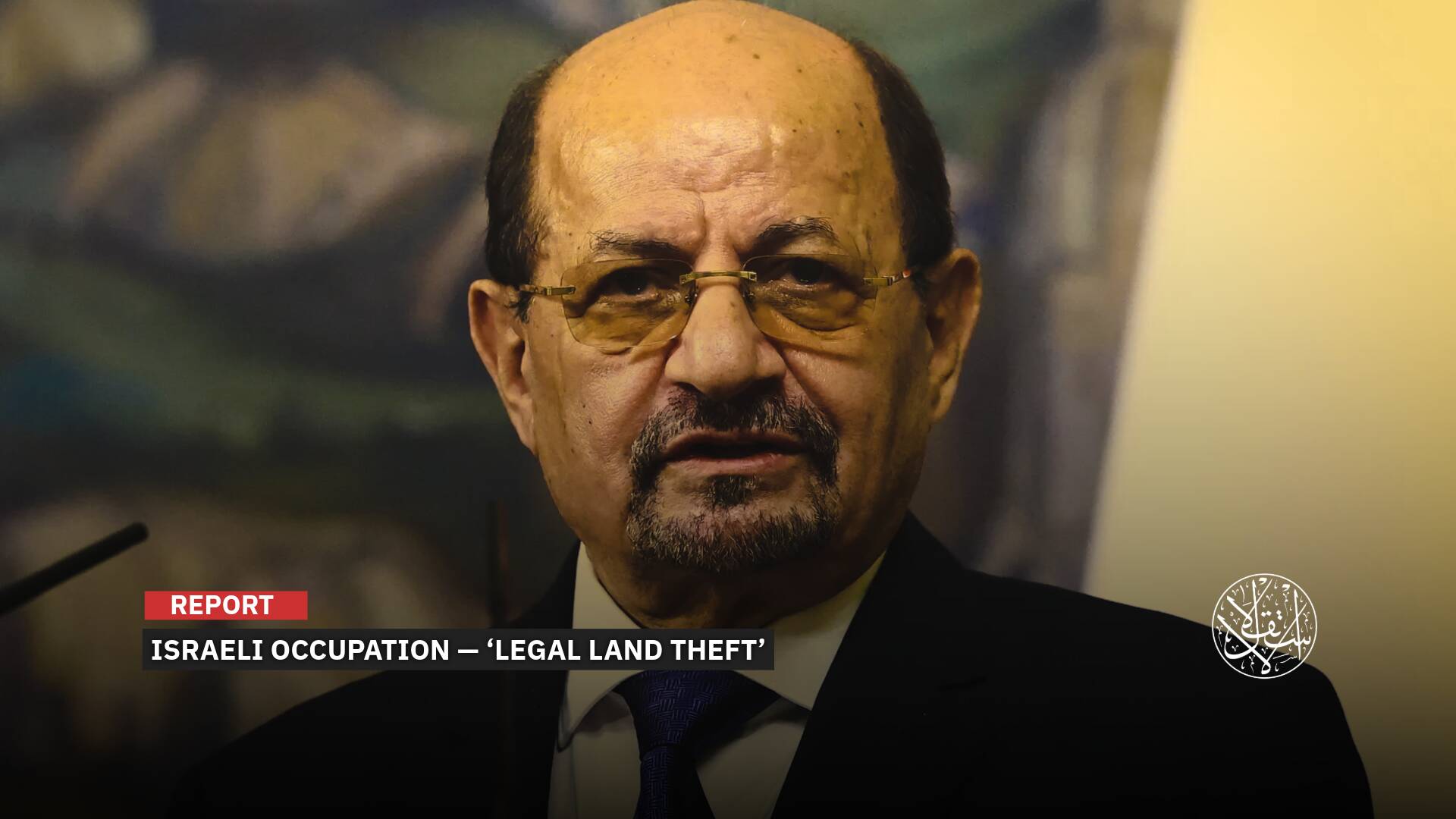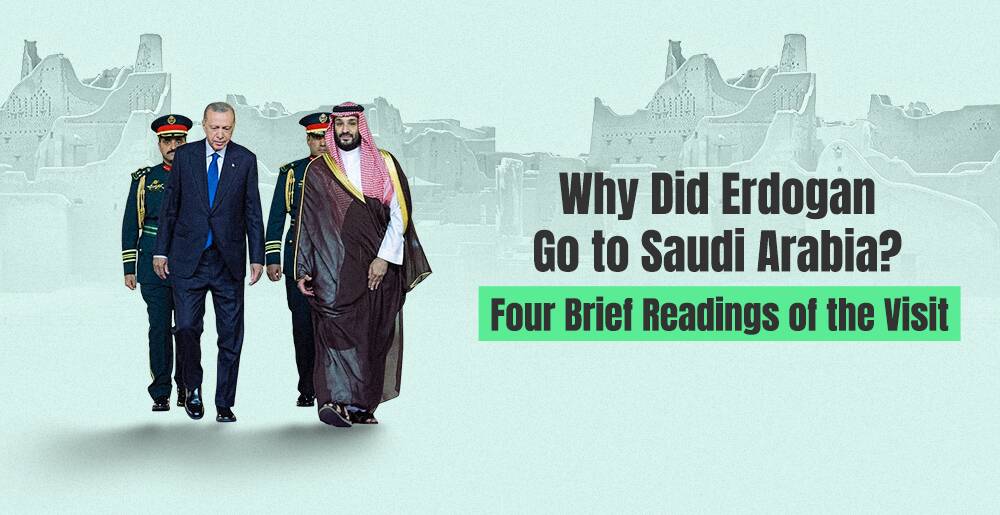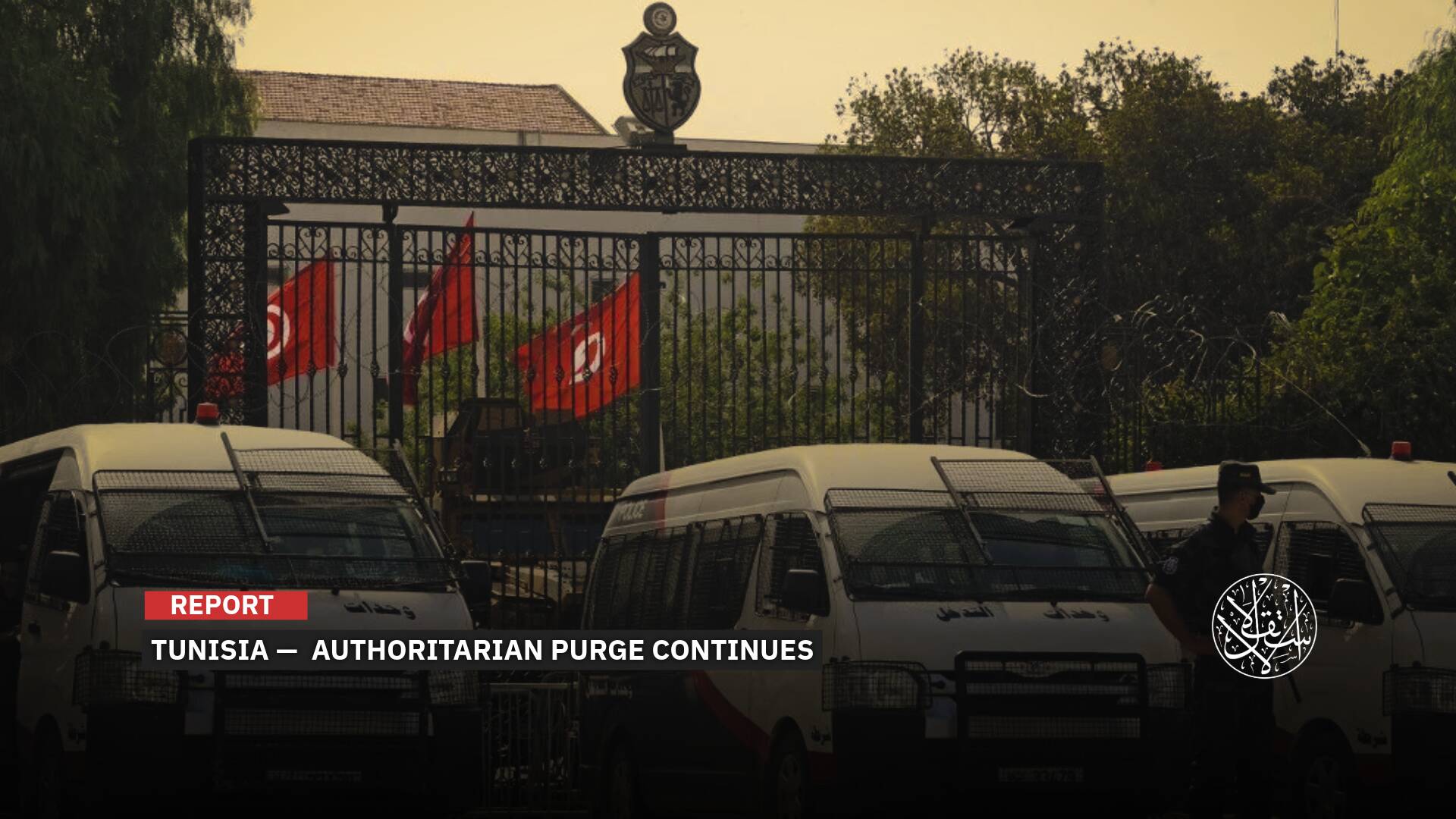Why Did Gulf Citizens’ Asylum Applications in Europe Increase?

Although it is one of the most luxurious countries in the world with a high per capita income, thousands of Arab Gulf citizens leave their country in search of an alternative homeland, a better reality, and a safer life.
Human rights and media reports revealed an increase in asylum applications submitted by Gulf nationals to European countries in recent years, especially from Kuwait, Saudi Arabia, and the UAE.
Although the numbers are lower than those in other countries, the rates of increase compared to previous years indicate that the matter is turning into a phenomenon, especially with the diversity of the departed, among young people and women, to leaders of thought and opinion.
These moves raise many questions, especially since the Gulf societies are tribal and are dominated by fanaticism, which makes the idea of asylum in itself exciting and different from other countries experiencing turmoil and a low standard of living.
However, in terms of rights and freedoms, countries such as Saudi Arabia and the UAE are witnessing intense security campaigns and arrests to the extent that their prisons have become among the worst places of detention in the world, where thousands of citizens are languishing.

Shocking Report
On October 21, 2022, the former adviser to the President of the UAE, Abdulkhaleq Abdulla, announced his shock at official European data confirming the increase in the number of Gulf citizens applying for asylum in Europe.
The Emirati politician tweeted 2,630 Gulf citizens have requested asylum in several European countries, including 1,925 Kuwaiti citizens.
Surprised, he wondered: One Gulf refugee is surprising, so what about this large number of Gulf refugees?
He commented: "Have our countries become alienated from their youth and citizens? What is the explanation for this phenomenon?"
The Arabian Gulf Business Insight (AGBI), which specializes in Gulf affairs, published a statistic on October 4, 2022, on the European Union Asylum Agency, on the number of Gulf asylum applicants since 2017.
It stated that the European Union received nearly two thousand asylum requests from Kuwait specifically over the past five years.
The European Union Asylum Agency reported that 1,925 Kuwaitis applied for asylum between 2017 and 2021, nearly three-quarters of the 2,630 citizens of the six Gulf Cooperation Council countries who applied during the same period.
The data also showed that 535 Kuwaitis applied for asylum in 2017, and the number decreased to 440 in 2018, 455 in 2019, 265 in 2020, and 230 in 2021, as the coronavirus pandemic limited international travel between the Gulf and Europe.
On average, it added, most Gulf asylum applications were approved by EU officials.
Greece, for example, was the main European destination of choice for Kuwaiti asylum seekers in 2017, while France has been the preferred destination since 2018.

Kuwaiti Destination
According to the statistics, France remained the most popular during 2021, with 145 Kuwaiti requests, followed by Germany (35), Austria (15), Slovenia (10), and five each in Ireland and Romania.
It stated that the European Union had data available only for the first four months of 2022, which showed that 100 applications were submitted from Kuwait. It expects 300 for the full year, an increase of nearly a third from 2021.
Kristin Smith Diwan, a senior resident scholar at the Arab Gulf States Institute in Washington, DC, told AGBI that she was surprised by the large number of asylum applications from Kuwait.
She commented: "Kuwaitis do not like to leave their country. All Kuwaitis I have known, even those who have succeeded in their field of work, often return to Kuwait. I found this very surprising."
Then she continued, "It is likely that the applicants were mostly Bidoon tribes in the north of the country. I was very suspicious that they were Bidoon, as these are people who have no nationality."
"This was an inevitable result of a government policy that decided to really put pressure on these aggrieved populations," she said.
Professor of Middle Eastern Studies at the American University in Dubai, Dr. Farid al-Salem, agreed with this theory and said he was "not surprised by the increase in numbers from Kuwait."
He added that "the Bidoon tribes are subjected to discrimination, and although they are considered Kuwaitis, they do not enjoy any privileges despite their service in the Kuwaiti army and police."
The term Bidoon refers to those who have not obtained citizenship of Kuwait since its independence in 1961 and are described according to the articles of Kuwaiti law as unspecified.
Their problem is due to the non-implementation of the articles of the Kuwaiti Nationality Law after independence and the neglect of some to apply for Kuwaiti citizenship in the past.
According to a 2018 report issued by Human Rights Watch, the number of Bidoon in Kuwait is about 100,000 people.
Due to their lack of citizenship, they "suffer from deprivation of the rights enjoyed by Kuwaiti citizens," according to local and international human rights organizations.

Leave in Silence
With the increasing reports of Gulf asylum seekers, Saudi Arabia will also continue to have its own peculiarity, being the largest of the Gulf Cooperation Council countries in terms of area and population.
On January 19, 2019, The Economist magazine published a report entitled Thousands of Gulf Arabs are abandoning their homeland, revealing a significant increase in asylum applications submitted by Gulf Arabs to European countries.
The British magazine reported that the Saudis flocked to submit asylum applications at a time when Crown Prince Mohammed bin Salman was playing the strings of supporting young people and adopting their causes.
It asked: What is driving the Saudis to flee to Europe despite their high standard of living?
On November 5, 2019, the Washington Post also covered the issue of the Saudis' asylum to the West.
The American newspaper stated that those who had to make that difficult choice escaped from their reality by leaving in silence, as an ordinary trip that then turned into a full residence in a foreign country.
It added that in many cases, the situation develops as the screws are tightened, and then the long travel and stay turns into a full asylum application.
The newspaper cited the case of the late Saudi journalist Jamal Khashoggi, as his tragic death revealed this painful reality.
The man did not leave his homeland seeking asylum in any country but chose to live in external exile between London, Washington, and Western capitals, thinking that he would be safe from the fear and oppression of the authorities that were persecuting him in his country.
It commented: Although the man was not an asylum seeker, he was treacherously murdered inside the headquarters of his country's consulate in Istanbul in October 2018.
It concluded by emphasizing that there are thousands like Khashoggi, and the asylum requests do not reflect the true scale of the cases of fleeing the kingdom.
The American newspaper expected an increase in the asylum rates of the Saudis after their country turned into a large prison for many tweeters, preachers, and opinion holders.












